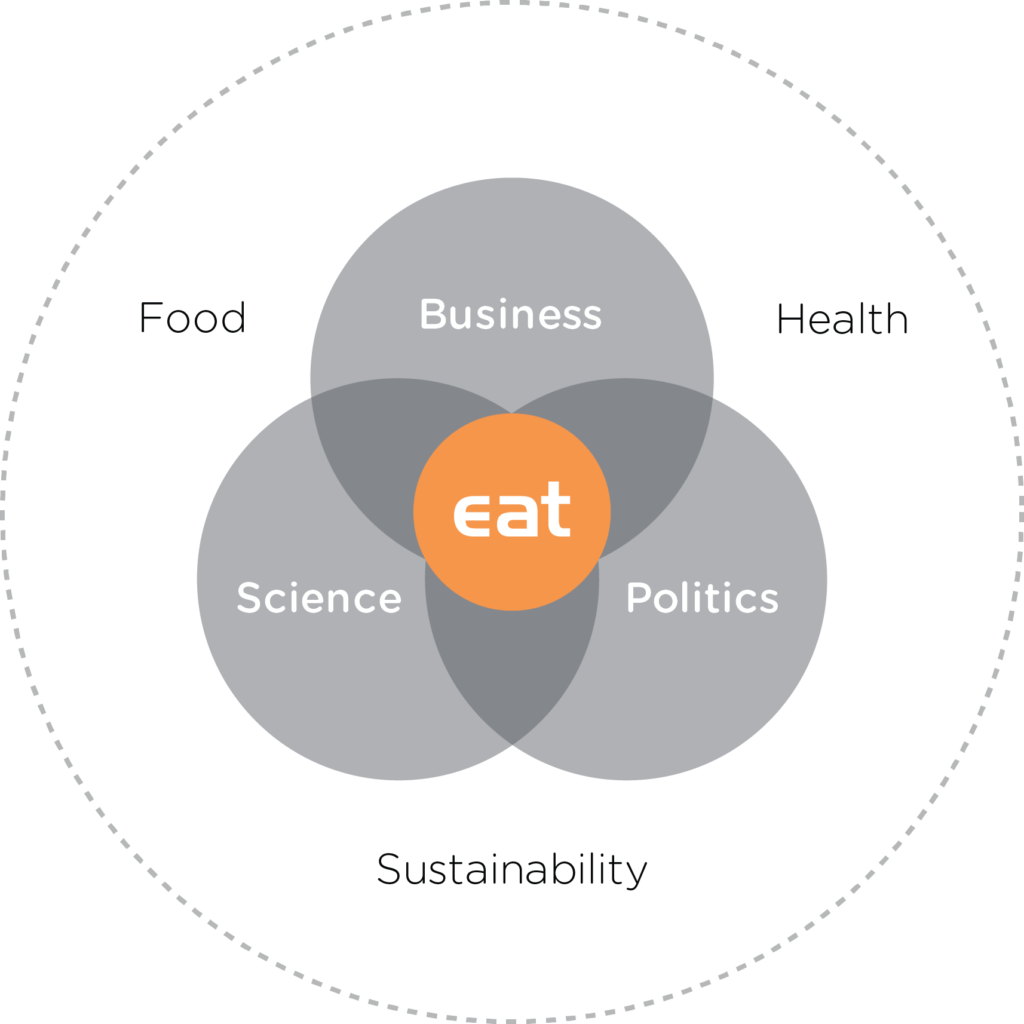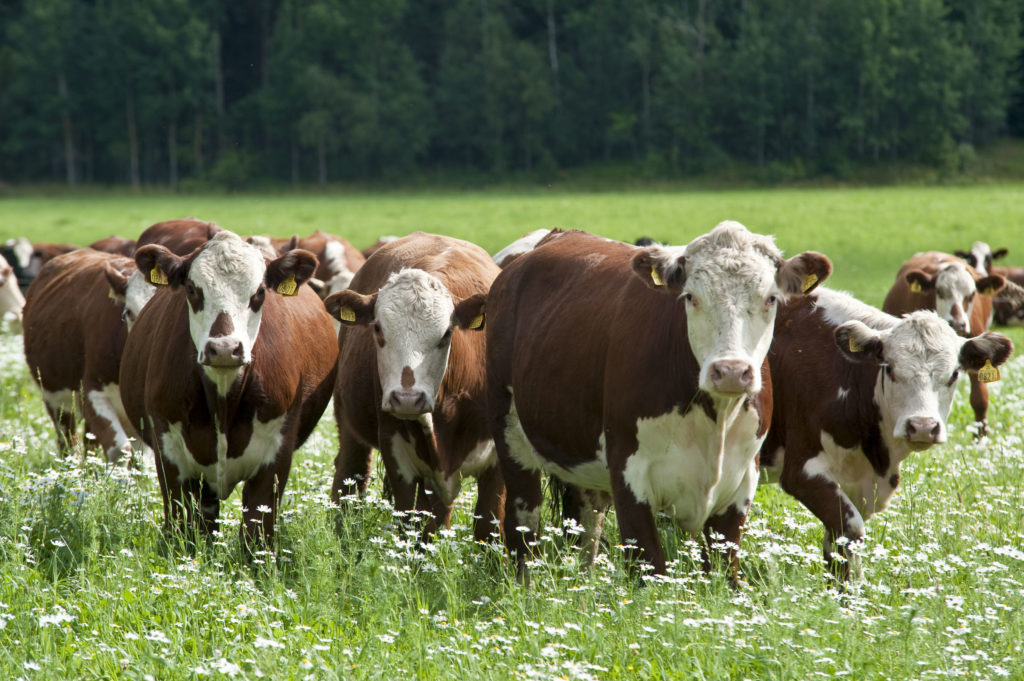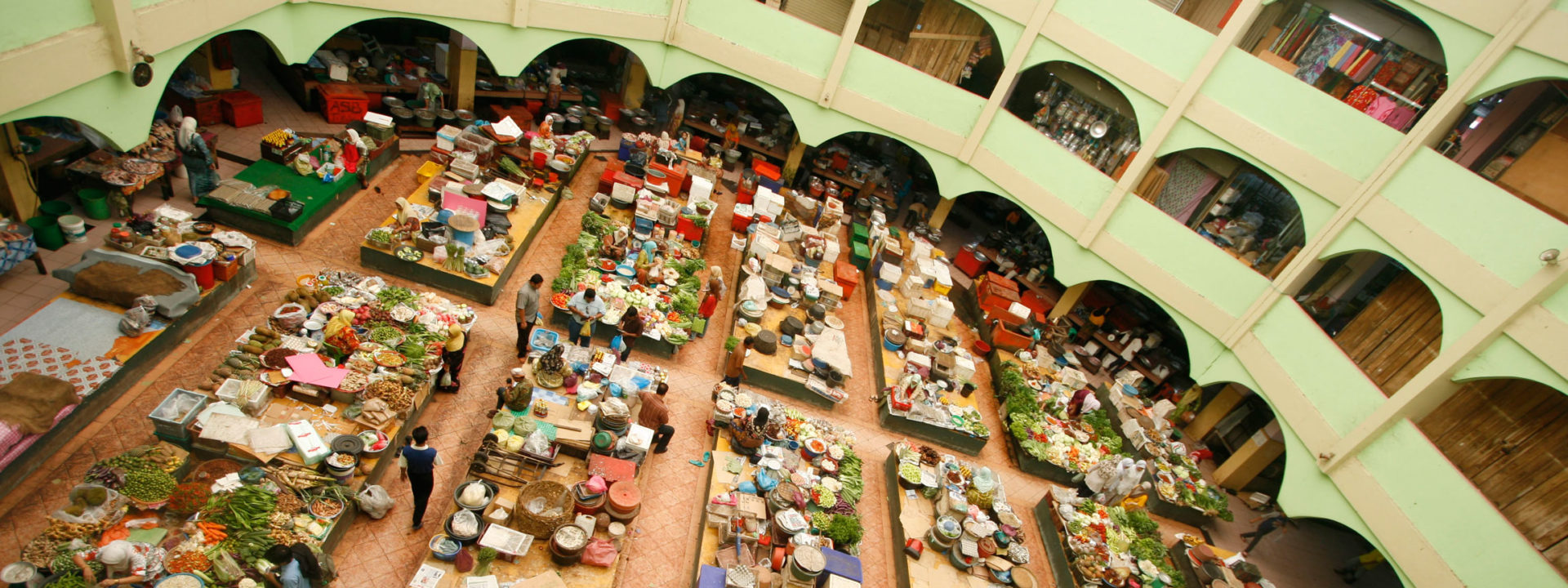What you eat affects not only your health, but also the health of our planet. This insight provides the basis for the EAT Foundation, a joint initiative by the Stordalen Foundation and Stockholm Resilience Centre. On 12-13 June, EAT will once again gather 500 of the brightest and most influential minds from science, politics, business, and civil society in Stockholm. They will discuss progress on transforming the food system, to solve the interconnected challenges of climate, sustainable development, and health.
Less than three years have passed since the first Stockholm Food Forum in 2014 — a success from the start because of the participation of key actors: food companies, academic researchers, and policy makers. Since then, the Forum and the EAT initiative have assumed a central role in the nexus of food, health, and sustainable development.
The EAT initiative has rapidly evolved from a multi-stakeholder dialogue platform to a partnership engaging in action to support a global sustainability transformation. The process is creating a “double triple helix” that merges science, business, and policy, on the one hand, for food, health, and sustainability on the other.

The double triple helix: Business, science, and politics interwoven with food, health, and sustainability. Courtesy of EAT.
In that same time period, we have witnessed tremendous progress in policy development, culminating in the adoption of the UN Sustainable Development Goals (SDGs) and the Paris climate agreement in 2015. The SDGs are embedded in the overarching Agenda 2030, and they represent a large step forward for the holistic approach to human and planetary health that EAT has been spearheading since its inception.
The SDGs sparked a plethora of initiatives to elucidate the interdependencies between environmental, social, and economic goals. For example, The World in 2050 (TWI2050) project looks to find how all sustainable development goals can be reached without overusing the resources we have available to us, or in other words, our planet.
EAT continues to lead this integrated scientific endeavour, through the ongoing EAT-Lancet Commission on Food, Planet, Health.1 1. Rockström, J., Stordalen, G. A., Horton, R., 2016. "Acting in the Anthropocene: the EAT–Lancet Commission." The Lancet. 387:2364–2365. DOI: 10.1016/S0140-6736(16)30681-X See all references The commission will attempt to define the first science-based targets for healthy diets from sustainable food systems.
Its review of existing knowledge and knowledge gaps on healthy diets and sustainable food will not only enrich the EAT Roadmap 2030 – a guide for policy-makers, business, and civil society on how to truly transform the food system. I expect that it also will provide crucial insights into our understanding of how a decent life for all can be achieved within the framework of the “planetary boundaries” in a broader sense – the safe-operating space for humanity on our planet.
Just as the EAT-Lancet Commission brings together scientific disciplines, the Stockholm Food Forum acts as a centre of gravity for practitioners, inspiring them through innovative dialogue. The mission is to explore concrete science-based pathways and solutions for healthy and sustainable diets.
Few people realise that agriculture is responsible for 30% of greenhouse gas emissions, in particular through raising cattle for meat consumption. The deforestation and the methane the animals release themselves are a huge influence on the future climate of the planet. Yet 90% of the debate to slow climate changes is about fossil fuels.

Raising cattle for meat production contributes to climate change. Organic, grazing cattle may be a step in the right direction, but is it enough? Photo: F. Wulff/Azote.
The solution to more planet-friendly agriculture is not as simple as reducing meat consumption. We could eat more fish and other ocean foods that are better for our health as well as for the climate. On the other hand, today’s fishing practices threaten to deplete the oceans, causing ecosystems to collapse.
Narrow, sector-by-sector perspectives mean that other crises, such as the erosion of biological diversity and depletion of freshwater resources, are largely neglected. Agenda 2030 changes our paradigm for development, moving away from the current sectoral approach where social, economic, and ecological development are seen as separate parts. Now, we must transition toward a global logic where the economy serves society, with societies evolving within the safe operating space of the planet’s climate and ecosystems.
EAT continues to lead by example. By clarifying the links between food, health, and environmental sustainability, it has the potential to provide key puzzle pieces for this transformation.

 3 MIN READ / 653 WORDS
3 MIN READ / 653 WORDS